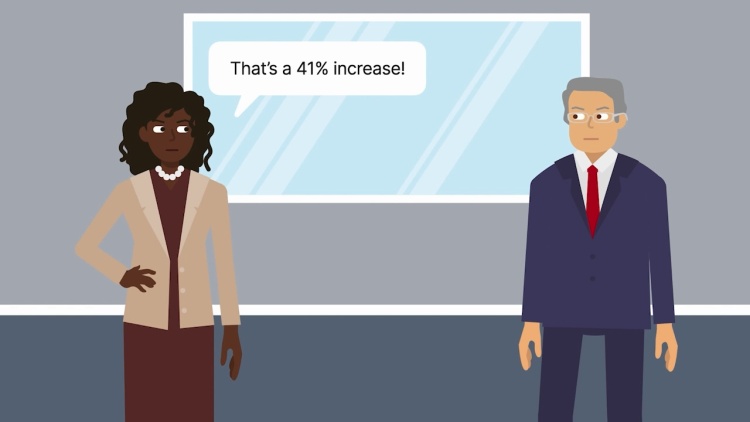City of Scottsbluff v. Waste Connections of Nebraska, Inc.
Nebraska Supreme Court
809 N.W.2d 725 (2011)
- Written by Rose VanHofwegen, JD
Facts
The City of Scottsbluff (plaintiff) contracted with Waste Connections of Nebraska, Inc. (WCN) (defendant) to remove its solid waste. Near the end of the contract, the city found a cheaper alternative that would be available the next year. Meanwhile, WCN agreed to continue hauling its waste. However, when it learned that the city would not be renewing its contract, WCN unilaterally increased the contract price from $42.50 to $60 per ton—a 41-percent increase, and more than WCN charged other customers. The city objected, but WCN refused to reduce it and allegedly threatened to stop hauling the city's waste otherwise. Faced with no other alternative, the city paid $60 per ton for the next year until its contract using a different landfill started. Then the city sued WCN for $48,000 in restitution for the difference. WCN countered that waiver or estoppel barred the city’s claim because it voluntarily paid the higher price, meaning the city accepted a modification of the contract. The trial court ruled for the city, reasoning that WCN had no right to raise the price unilaterally, the city had no reasonable alternative, and the difference unjustly enriched WCN. Neither waiver nor estoppel applied because the city paid the increase involuntarily under protest. WCN appealed.
Rule of Law
Issue
Holding and Reasoning (Connolly, J.)
What to do next…
Here's why 911,000 law students have relied on our case briefs:
- Written by law professors and practitioners, not other law students. 47,100 briefs, keyed to 997 casebooks. Top-notch customer support.
- The right amount of information, includes the facts, issues, rule of law, holding and reasoning, and any concurrences and dissents.
- Access in your classes, works on your mobile and tablet. Massive library of related video lessons and high quality multiple-choice questions.
- Easy to use, uniform format for every case brief. Written in plain English, not in legalese. Our briefs summarize and simplify; they don’t just repeat the court’s language.





